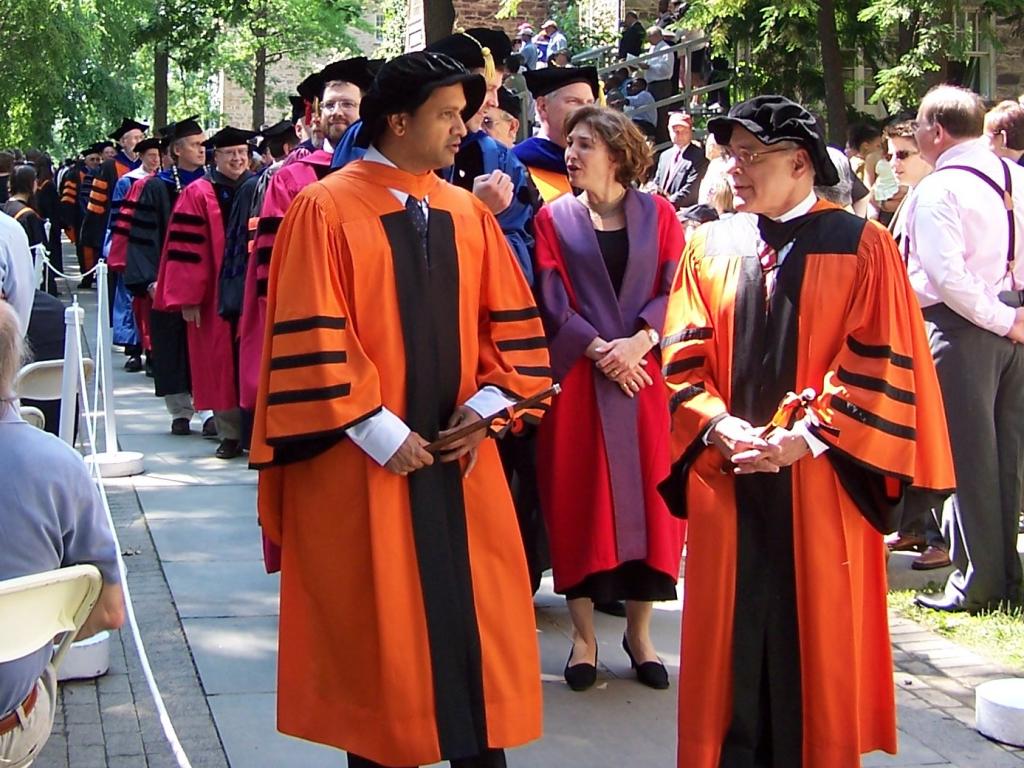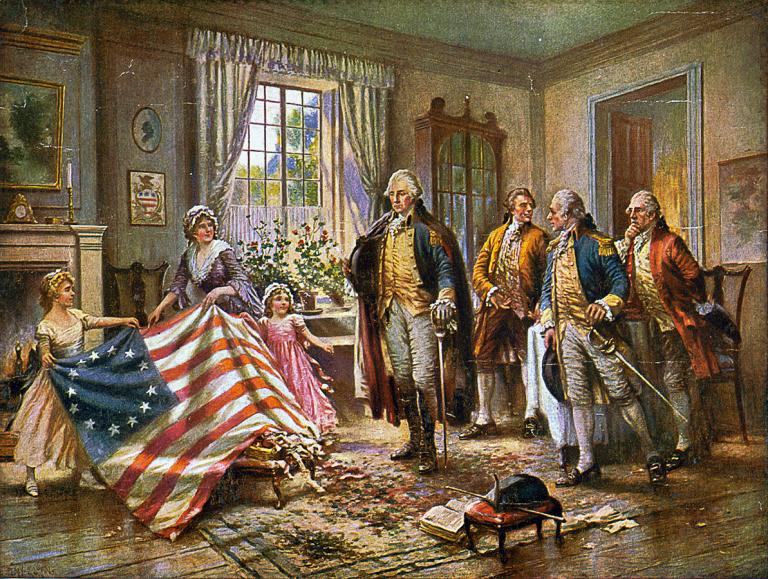So while at my folks’ last weekend (is it a regionalism of some kind to say “folks” for parents? And if so, did I pick it up from my Colorado-born dad or my Missouri-born mom?), there was an article in the paper about charter schools. Here it is, a poll conducted by the Detroit Free Press after, apparently, an extensive series on accountability in charter schools.
(Detroit has two local papers, the conservative Detroit News and the liberal Detroit Free Press; the operate under a Joint Operating Agreement which means that the papers are combined on the weekend, so my lifelong Republican dad is obliged to read the Freep. Also, for the last couple years, they only home-deliver three or four days a week, so the other days my dad has always gone out to buy the paper, and now we’ll see whether my mom will do this for him for the next 4 months.)
Of course, the context to the poll is a report that the charter schools perform poorly, though my dad was quick to say that the report was misleading because many of the charter schools are special schools for disabled children and their scores were not adjusted for appropriately. Whether or not that’s the case, I don’t know, but Dad probably remembers things he read in the paper better than what he had for breakfast that morning, and the Detroit News was probably publishing counterarguments to the Freep’s anti-charter school editorializing.
In any event, what’s interesting is that there’s a lot of talk about charter schools and school choice with no mention of what’s going on in Michigan, which is, when you think about it, is a pretty big omission. Maybe the Michigan diaspora* isn’t as large as I thought, or doesn’t have as much movement to the Beltway and punditry.
(*OK, I made up the term “Michigan diaspora, and I have no idea whether it’s a real thing, and whether the number of people who have left Michigan is all that large, but if it is a real thing, just remember that I came up with it first.)
Anyway, Michigan does two things:
First, back in 1994, they moved most of the funding to the state level. There is some residual property tax levied at the local level for school districts which want to fund their schools at a higher level, but I’m not sure how much. At the same time, they created something called Schools of Choice, in which students can elect an alternate school in the same or in an adjacent district. Kids from Detroit can — and do — transfer to schools in a bordering district, and the funding is such that schools do generally allocate spaces for out-of-district students. Here is a study which reports on the number of students transferring into and out of certain districts.
Beyond that, Michigan has an extensive charter school system. They’re celebrating an anniversary this year, as the first ones opened their doors in fall of 1994. The schools can be chartered by a public university or community college, so they are not dependent on local school districts’ willingness to cooperate, as in Illinois, for instance. There are for-profit charter schools, and there are even online schooling options which advertised on TV while we were visiting. The only restriction is that a school may not be religiously affiliated, and if a religious facility is used, any religious symbols must be covered.
What’s the outcome? Well, I can’t speak to the quality of Detroit Public Schools, for instance, but on their website, they plead with parents to keep their kids in the system, quoting Emergency Manager Jack Martin: “It is my hope that any parent that was considering taking their child out of a DPS school will reconsider and have them remain with their teachers and classmates for another year,” and citing a list of new programs and enhancements.
Now, that being said, I don’t know much — but it seems to me that anyone looking to promote school choice ought to be studying, and citing, the Michigan experience.
(Side note: truancy must be a big issue in Detroit, according to the same article:
Class sizes will remain at 25 for grades K-3 (which would not have been altered even under the previous plan), 33 for grades 4 and 5, and 38 for grades 6-12. Martin also noted that based on average daily attendance, DPS’ class size across the district last year averaged only 16 students.
In other words, the message to parents is: don’t be scared by the high class sizes, because half those seats will be empty anyway.)












